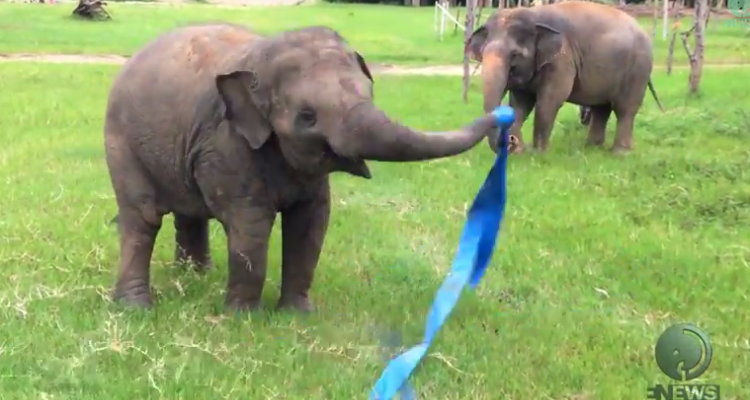by JAMES S. KIM
Pretty much every year around this time, you’ll hear about how spam is a big thing in Korea. We enjoy it (hopefully sparingly) over here in the States, too, so what’s the big deal about the pink substance?
This upcoming Monday is Chuseok, also known as the Korean Thanksgiving, and according to the Wall Street Journal, Koreans spent $354 million on Spam last year. Just for this Chuseok season, 3.1 million Spam gift sets (these do exist) were released into the market.
For those who have a hard time with numbers, like this writer, think of it this way: Spam ranks alongside premium beauty products, fine cuts of beef and imported wine in South Korea.
That’s right. For every new bottle of a magical BB cream or such, someone is looking just as hard for cans of Spam. Ebay Korea said that canned ham gift sets, including Spam, were the second-highest selling gift item in August, after body and beauty sets. Priorities, am I right?
So why the obsession with Spam? Most of us have heard the story: The American military introduced Spam to Korea during the Korean War, and since meat was scarce, Spam was often the go-to product for a starving population. Somewhere along the line, budae jjigae, or literally “army stew,” came into existence with Spam and/or hot dogs as the staple ingredients. Throw in some cultural nostalgia, and you have Spam to go along with the han.
But there are plenty of modern reasons that keep Spam relevant in Korean society and stomachs. This year, for example, Chuseok is a bit earlier than usual, which puts into question the availability and prices of fresh food.
More people also live alone these days, and in order to minimize waste and save time in preparing food, they’ll turn to canned food. Mothers are also busier than ever before, and Spam allows them to prepare a quick breakfast or packed lunch. Koreans are also increasingly taking up camping, and as they are surely finding out, canned food always tastes better in the wilderness.
CJ CheilJedang, the food branch of the parent CJ company, produces official Spam under license. To keep their product relevant for young people, it is also backing a smartphone app that prevents spam messages. The slogan reads “Block Spam messages/calls with Whosecall, and eat delicious Spam.” CJ’s television divisions also have plenty of product placement.
So whether you’re going to work on Monday, celebrating Chuseok with your family or perhaps even camping, have no qualms in including Spam with your meals. Koreans don’t care–except, ironically, in making sure that their Spam isn’t the same as the one in America. Korean Spam doesn’t include tendons, tiny bones and blood vessels, but in the end, it all tastes the same…right?
Image via Wall Street Journal







